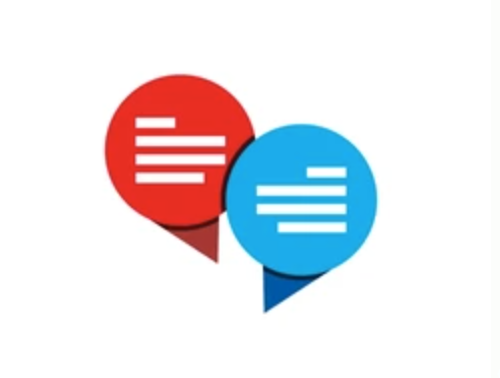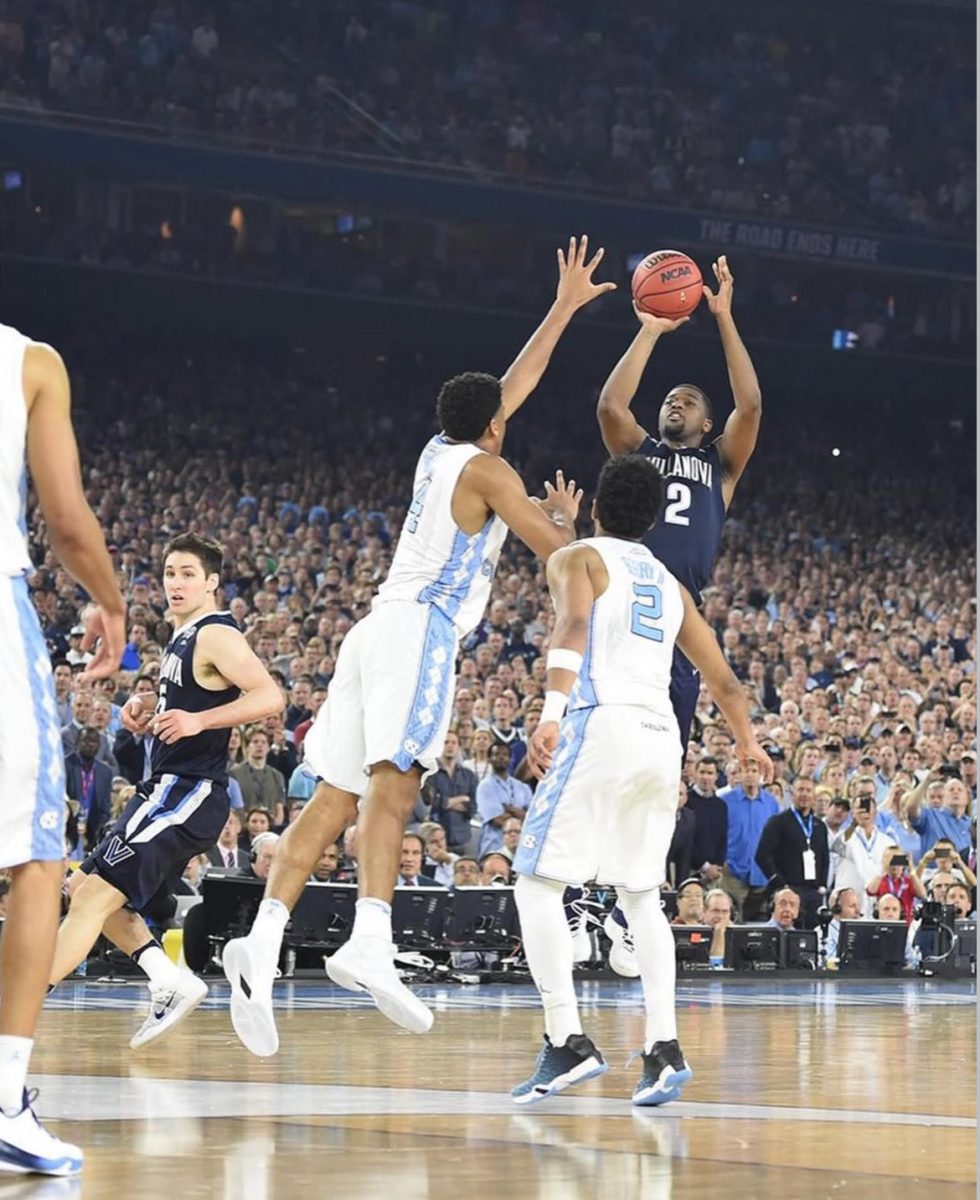Unsurprisingly, most people in the United States feel on edge ahead of the November general elections. This year’s contest is especially tense, with Vice President Kamala Harris and former President Donald Trump vying to be sworn into office this coming January. More than 450 congressional seats and many state and local positions on the ballot are up for grabs this year.
To make matters worse, the United States is more polarized than ever. There is little common ground on most issues between the two political factions that dominate U.S. politics: the Democratic and Republican parties. Questions regarding abortion, gun policy, immigration and the economy cannot seem to escape the minds of party-affiliated and independent voters and even non-voters. These questions seep into our daily lives, changing how we engage with information and interact with others.
The concern begins there. As a college student, I have seen those sneers and wrinkling of noses that pervade disagreements in areas like pop culture and music turn into verbal altercations when discussing anything within the realm of politics. These differences in opinion can turn one’s closest friends and significant others into strangers to avoid in public and block online. This begs the question: is it okay to end platonic or romantic relationships over politics?
When answering this question, I think it is prudent first to consider what is meant by “politics.” An important distinction is the difference between political affiliation and political beliefs. Political affiliation simply refers to the political party a person is registered with, while political beliefs are the actual ideas and values a person has regarding the government and affairs of a country. It may be true that political parties tend to have a somewhat transparent platform on which they run, but there tend to be many differences in members’ beliefs. Differences in beliefs are natural and are a part of the party structure. Besides, how many people worldwide share the same beliefs and values?
Human differences are a solid reason to maintain relationships despite political divides. Friendships with diverse people broaden one’s perspective, promote empathy and encourage personal growth. These connections enrich a person’s social life and help them navigate differences and assumptions more effectively. On the other hand, nobody is obliged to keep relationships they don’t want.
“Positive relationships always require free two-way participation,” senior philosophy student Justin Williams said. “Nobody should force you into participating in a relationship you don’t want to be a part of, for any reason, including politics.”
For those who see it possible to keep these relationships, maintaining them paves the way for compromise and bipartisanship, which may temper today’s storming political sphere. Friendships between leaders in our government, like Ruth Bader Ginsburg and Antonin Scalia, aided the structures they worked in extensively.
However, there is the question of differences in values. Political and ideological beliefs are not innate within us. Nobody is born a Libertarian, waving a Gadsden flag fresh out of the womb. Values are instilled within us during our upbringing through our education and experiences. Our minds then interact with these stimuli differently to produce our diverse perspectives. That means that some opinions can differ yet come from the same place. Pro-life and pro-choice arguments can both be reduced to the preservation of life and only differ in the specifics. This is where the politics begin. The problem becomes less about people’s values and more about how we live by them. The issues are not political, the solutions are.
Political affiliation is the least important aspect of this question, and political values follow closely behind. A person’s core values and beliefs, but more so the rationale for them, distinguish who one should call a friend. If a person fundamentally disagrees with someone else regarding important moral questions that shape them and the dogmas they may follow, that is likely grounds to end the relationship. While I stand by the principle of surrounding oneself with diverse perspectives, there are certain justifications for opinions we cannot tolerate that are simply too far.
Despite this, many political beliefs correlate with certain values. For example, xenophobia and protectionist ideas have progressively become linked. Despite this link, the problem is still the xenophobic principles, not protectionism. The latter is an economic theory used to bolster a given country’s domestic industries, while the former is a dangerous ideology used to discriminate against people. Of the two, the negative belief is the ideological one, not the political one.
The Villanova students interviewed all seem to agree that it is not a decision with an obvious choice.
“If it’s an absolute deal breaker, then yes,” senior economics student Ronik Gupta said. “But if there are ways to either remove it from conversation or make compromises, then do it instead of making a rash decision.”
Some even commented on the experiences of people in their lives.
“My parents have often voted differently and disagree politically and they’ve worked out,” senior political science student Harrison Farrell said.
Students even went as far as to agree that affiliating with different parties is okay.
“There are some non-negotiables,” said senior statistics student Melissa Wright, who argued that there are differences in view that cannot be pushed to the side.
In a country becoming increasingly polarized, it is crucial to understand what divides us and whether those divisions are healthy. Ending platonic or romantic relationships based on politics requires careful consideration. Healthy divisions should be based on ideologies and views one truly cannot compromise on. Holding onto relationships can be challenging when there is friction and sharpness, but there is a difference between the sandpaper that smooths wood and the scissors used to cut ties.






